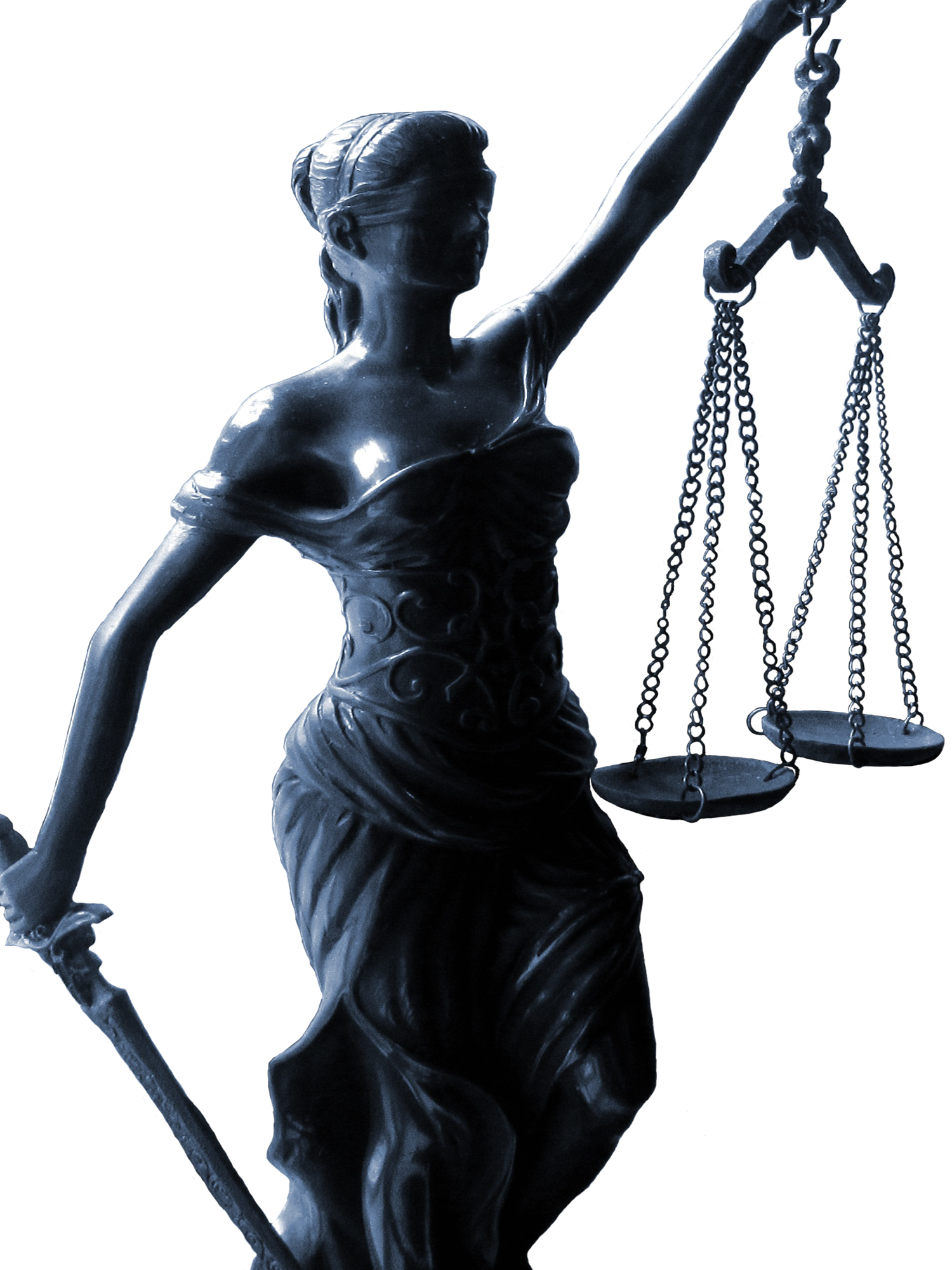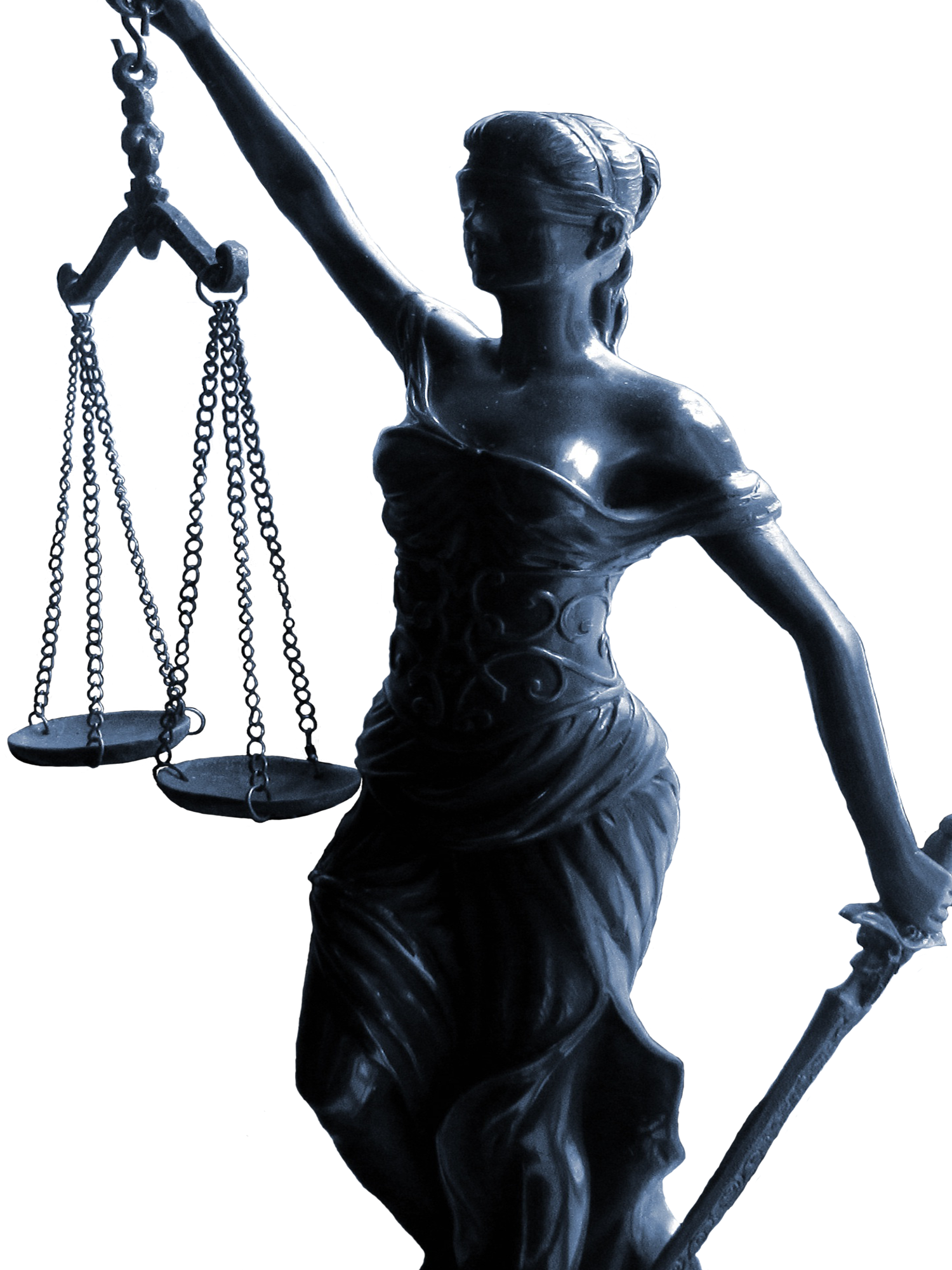Social Security Disability Hearings
For those who have Social Security Disability hearings scheduled, it is likely that you have many questions about what will happen at this hearing and what to expect. By learning more about how these hearings are structured, you will be more than ready for your Social Security Disability hearing.
SSD Hearings
While some might imagine a Social Security Disability hearing as being a formal proceeding in a large courtroom, applicants for Social Security Disability benefits may be surprised to learn that the process is actually quite informal and very different from that of a regular trial hearing.
Most Social Security Disability hearings are held at the applicant’s local Social Security hearing office. However, if the applicant lives far from the hearing office, the hearing may take place in a conference room at a hotel or may even be held by the use of video conferencing software.
Since the hearing is informal, applicants also do not have to dress as though they are at a regular court appearance. Disability lawyers often ask their clients to dress as they would normally dress for their Social Security Disability hearings, of course with some restrictions, such as no hats or revealing clothing.
The proceedings
A Social Security Disability hearing has a routine cast of characters applicants will see – the ALJ, Social Security Disability lawyers, a vocational expert, and a court reporter.
The hearing will be presided over by an ALJ. The applicant’s Social Security Disability lawyer will also be present to advocate on behalf of their client. A vocational expert is available to give insight into the applicant’s line of work. A court reporter is present to record what happens in the hearing. The applicant can also bring medical experts and witnesses to testify on their behalf.
First, the court reporter will swear in the applicant, the vocational expert, and any witnesses to the hearing. Then the ALJ asks the vocational expert hypothetical questions about what kind of jobs a person with the applicant’s limitations could perform. The ALJ may also invite the applicant to speak and describe their limitations and how they are prevented from working.
Typically, these Social Security Disability hearings are quite short and can last anywhere from 15 minutes to an hour. Because the hearings are short, it is very important that applicants be on time as ALJs have busy schedules. An ALJ may refuse to have a hearing for an applicant who is late when their schedules are packed for the day. As a rule of thumb, it is good to arrive at least 30 minutes before the hearing.
Tips and tricks
A Social Security Disability hearing may be laid back or could be contentious depending on the ALJ presiding over the case. To prepare for all possibilities, it is good to avoid these common pitfalls at the hearing.
- Don’t exaggerate or minimize your symptoms – it is best to be honest or you may lose credibility with the judge
- Don’t make statements that could hurt your case – you must answer questions honestly, but you are not required to bring up unsolicited information that hurts your case
- Don’t give the judge vague answers – this is a pet peeve of many ALJs and it is best to give detailed answers and provide examples
What happens after your SSD hearing
After the Social Security Disability hearing takes place, the applicant’s file remains at the hearing office until the ALJ makes a decision on the case. When the ALJ is ready, he or she will either deny or approve the award of Social Security disability benefits.
If the claim is denied, the applicant’s file will remain at the hearing office in case the applicant chooses to appeal the ALJ’s decision. A notice of denial is sent to the applicant with instructions on how to appeal the decision.
If the claim is approved, a Social Security representative will confirm the applicant’s income eligibility, and will then send a notice of award letter to the applicant informing him or her that the judge approved their benefits. This letter explains how much the benefits will be and when the applicant can expect to receive them.
When to expect a decision after your SSDI hearing
Watch our video:
Are you applying for SSD benefits for the first time? Consider the experienced social security disability lawyers at Good Law Group for your representation. Contact us online for a free case evaluation or call (847) 577-4476.







